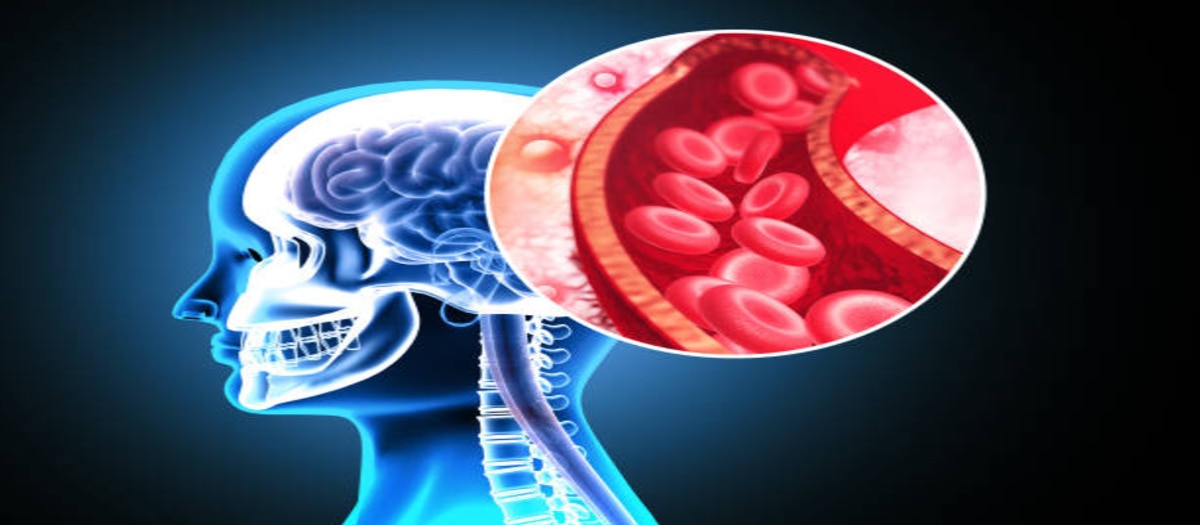Emergency Psychiatry
Emergency psychiatry is a subspecialty of psychiatry that focuses on the evaluation, treatment, and management of acute psychiatric emergencies. Emergency psychiatrists are trained to respond to urgent situations where a person's mental health is at risk and require immediate attention. Here are some key aspects of emergency psychiatry:1. Assessment: Emergency psychiatrists assess individuals who present with acute psychiatric symptoms, such as suicidal ideation, aggressive behavior, psychosis, severe anxiety, or mood disturbances.2. Crisis intervention: Emergency psychiatrists provide immediate intervention to manage acute psychiatric symptoms and prevent harm to the individual or others.3. Treatment: Treatment approaches for acute psychiatric emergencies may include medication management, psychotherapy, or a combination of both. The goal is to stabilize the individual and reduce the risk of harm.4. Risk assessment: Emergency psychiatrists conduct thorough risk assessments to determine the level of risk for self-harm, harm to others, or harm to the community.5. Collaboration: Emergency psychiatrists collaborate with other medical professionals, such as emergency physicians, nurses, and social workers, to provide comprehensive care for individuals in crisis.6. Disposition planning: Emergency psychiatrists develop disposition plans for individuals who require ongoing care after their acute psychiatric symptoms have been stabilized. This may involve referral to outpatient services, admission to an inpatient psychiatric unit, or discharge with follow-up care.7. Crisis response team management: Emergency psychiatrists may lead or be a part of a crisis response team that provides emergency psychiatric services to the community.Common conditions that emergency psychiatrists may evaluate and treat include suicidal ideation, severe depression, acute psychosis, substance intoxication or withdrawal, and agitation or aggression.
READ MORE



